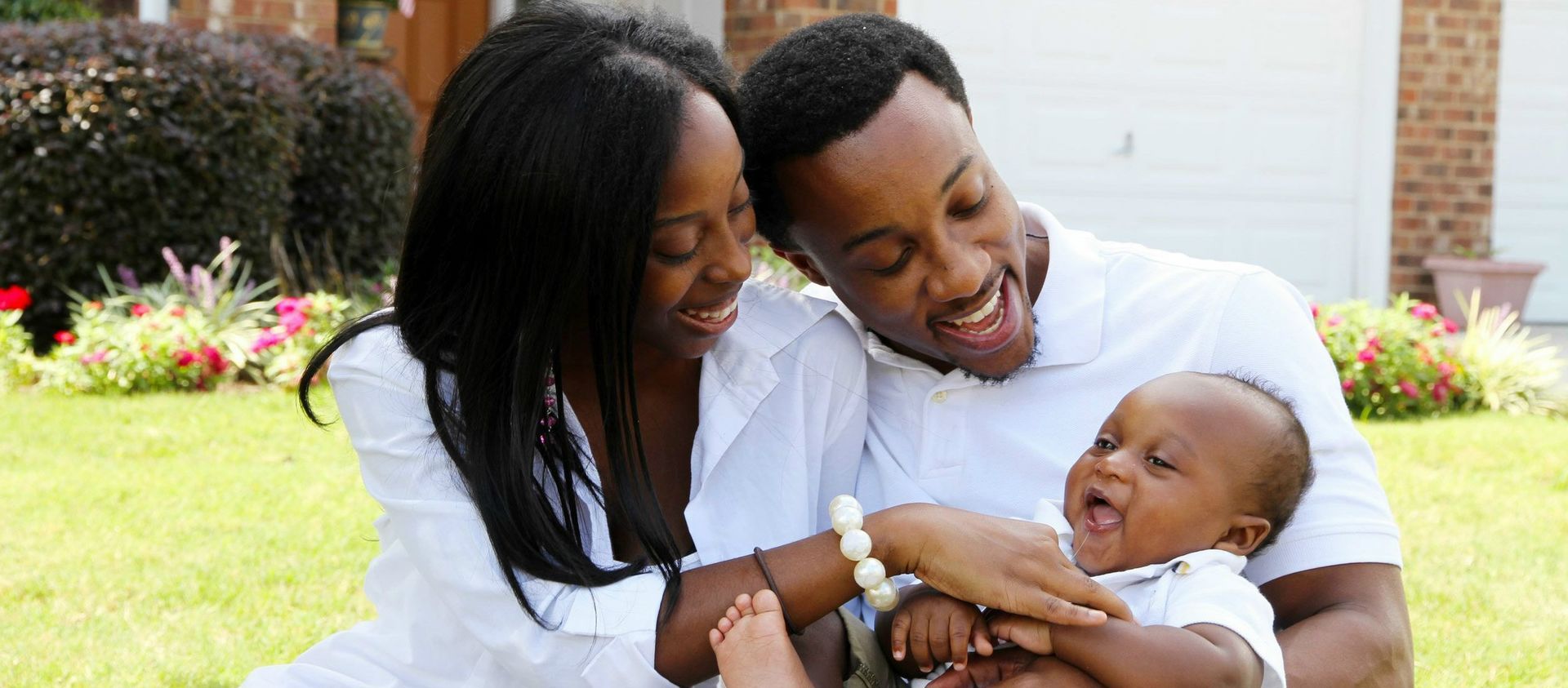Have you ever taken a moment to reflect on how your unique experiences might fit into a larger narrative? In conversations with others, I frequently find myself pondering, “How has my journey shaped not just my life, but the lives of those around me?” There’s something deeply humbling about sharing your story, especially in the context of clinical research. When we connect our personal experiences to the ongoing studies and findings, we breathe life into the statistics, making them not only relatable but also profoundly impactful.
When I first enrolled in a clinical trial for a new medication, anxiety washed over me. A flurry of questions raced through my mind: Would my story resonate? Would sharing my experiences make a difference? Yet, as I began to articulate not only my symptoms but also the emotional rollercoaster that came with my diagnosis, I felt the weight of my narrative. These personal accounts add depth to research findings, weaving a vital link between cold, hard numbers and living, breathing individuals.
Cultural Influences on Patient Experience
Each culture intricately shapes the stories we tell about health and healing. Growing up in a community where shared meals were pivotal for connection, I absorbed the wisdom of my mother’s saying: “Food is medicine.” This philosophy instilled in me the understanding that well-being extends far beyond the physical realm. The dishes she crafted came imbued with tales of resilience and hope, deepening my appreciation for a more holistic approach to health.
My participation in clinical research across diverse cultural settings has opened my eyes to the ways traditions influence patient experiences. I vividly recall attending a local health fair where healthcare professionals skillfully wove traditional practices into modern medical approaches. The tales shared by attendees—of harmonizing herbal remedies with conventional pharmaceuticals—were far more than just medical narratives; they represented cultural legacies. This experience reinforced the importance of respecting and integrating cultural nuances into clinical trials.
Elevating the Voice of the Patient
A striking trend in contemporary clinical research is the growing recognition of the patient’s voice. I remember periods when I felt reduced to a mere number, defined only by my diagnosis and treatment protocols. However, a refreshing shift has occurred in recent years. I still recall the first time I was genuinely encouraged to provide feedback on my experience in a clinical trial. It was as if someone had finally acknowledged my existence; I wasn’t simply a participant—I was an essential member of the team.
Every survey and feedback session transformed into a profound act of empowerment, offering me the chance to voice my concerns and aspirations. I realized that sharing my story could pave the way for improvements in future studies, ultimately enhancing the experiences of others. This journey felt like I was planting seeds for healing, a reminder that our experiences not only matter but can also shape the future of research.
Building Bridges Through Storytelling
In a world that often seems disconnected, storytelling remains a formidable bridge. I often reminisce about my childhood family gatherings—everyone engaged in sharing their tales, laughter echoing, and sometimes tears shed. This culture of openness deeply influences how I perceive clinical research. During trials, I strive to cultivate an environment where participants feel empowered to share their experiences.
At a community forum focused on clinical research, I listened intently as participants unveiled their journeys. One woman spoke candidly about her fears and uncertainties throughout her treatment, describing how she found solace in expressing these feelings through writing. Her narrative was a tapestry of hope and reflection that inspired everyone present. She highlighted how vocalizing her experience helped her find meaning, encouraging others to do the same. It’s fascinating how one person’s story can create space for others to explore their own narratives.
The Future of Patient-Centric Research
Looking toward the future, I can’t help but feel a swell of optimism about the trajectory of clinical research. There’s a budding movement towards patient-centric methodologies that place our stories and experiences at the forefront. One particularly inspiring development is the commitment to involving patients in the design of research protocols. This shift means our voices can help shape studies that genuinely address real-world challenges. Explore the subject more thoroughly by accessing this external website filled with pertinent information we’ve organized for you. Helpful resources.
Imagine a scenario where our shared experiences not only inform research trials but lead to concrete outcomes that resonate with our realities. This evolution in clinical research fills me with anticipation for a time when the patient experience becomes woven into the very fabric of medical advancements—where each new treatment stands as a testament to the shared journeys of countless individuals.
Want to know more about this subject? Visit the related posts we’ve chosen to further enrich your reading:
please click the following internet page
